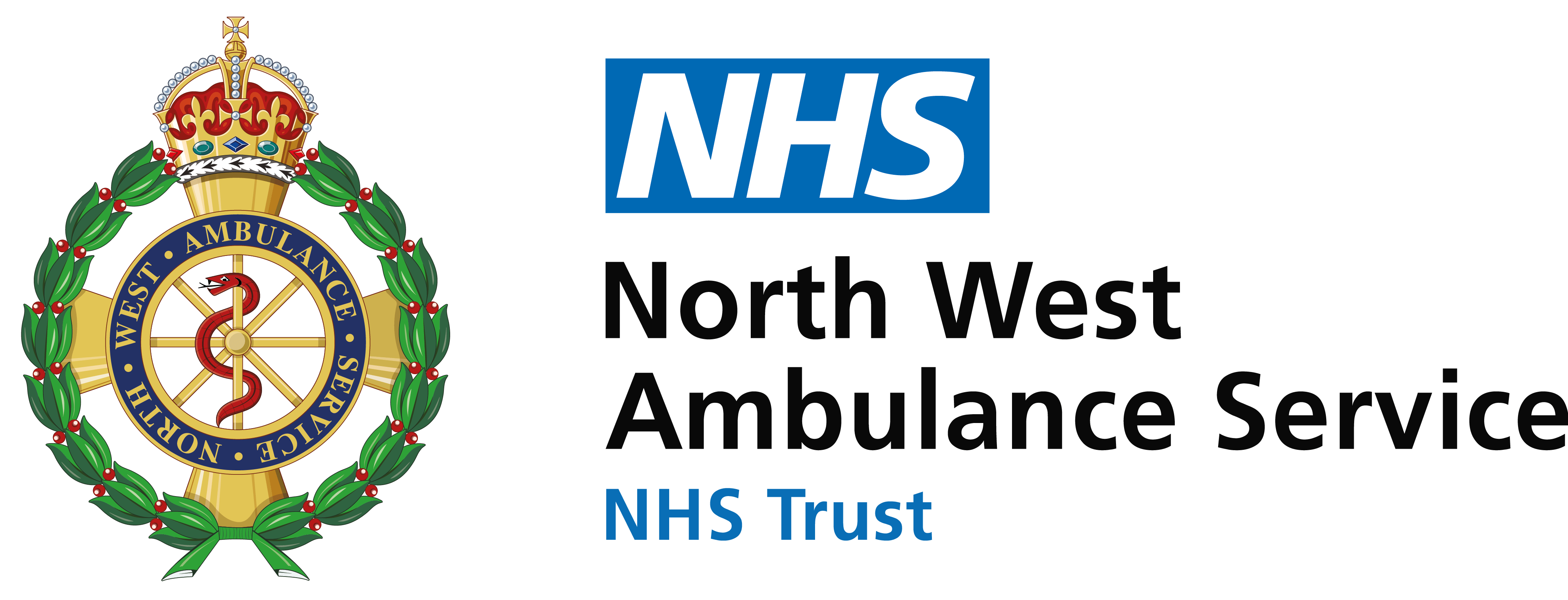NWAS Ethos/Values of Maternity Care

Whilst we are using anatomically correct language to describe childbirth and manoeuvres within this session, we would like to acknowledge childbirth as a liminal and transformative experience for pregnant women, birthing people and their families; of which we are privileged to be a part of.
To begin this session we have included some information around respectful and compassionate person centred care to set the scene.
Communication / Respectful Care

To add, it is also safe to say that attending maternity incidents can cause a considerable amount of anxiety for staff. Combined, we can see how these situations are often fraught with anxiety and trepidation.
Knowledge and skill set is paramount when attending incidents you may not be over familiar with and the availability of resources to support you is vital. With support from the clinical team, either on scene or via EOC, most maternity incidents are uneventful.
Despite the majority of cases passing with no concerns, the worry of a possible complication is always present. As ambulance clinicians we need to be mindful of the impact our presence has on the birthing people and families so that we can work professionally to ensure we are providing safe, compassionate and quality driven care.
Dignity, privacy and respectful care should be maintained at all times, acknowledging that birth is by nature an intimate and personal event. Below we have provided some points to consider when attending to maternity events.
CONSENT
Consent gained for all interventions is a basic human right, for those to whom you deliver care. Ensuring you are clearly explaining and providing a rationale for any interventions is key.
DIGNIFIED CARE
The very nature of childbirth is centred around dignity. We must ensure that those giving birth are provided with dignified care at all times. Being mindful about the number of staff needed at any given time during birth is a point for consideration.
CULTURAL CONSIDERATIONS
Being respectful of cultural beliefs is important; when giving birth some people may request female clinicians. Although we may not always be able to provide female only clinicians, when providing care it is important that we are respectful of requests and are able to communicate options in a sensitive and understanding manner. If we are unable to facilitate the request for a female only clinician we much ensure the person is fully informed to why this is the case.
COMMUNICATION
It is important to build a trusting relationship quickly with the woman and her family when dealing with an obstetric emergency. Using one person to communicate with the woman may be beneficial and using compassionate, clear and concise language can also help in these situations. Ambulance clinicians need to be mindful of conversations with colleague on scene and EOC via radio communication, which may be of a sensitive nature. Be mindful of language used when describing presentations. When supporting women who may have suffered a pregnancy loss acknowledge this as a highly sensitive time in which compassionate and individualised care is paramount.
RESPECTFUL CARE
Respectful care is defined as a fundamental human right, which includes respecting beliefs, independence, emotions and dignity. Respectful care promotes practices that recognise preferences, personal needs and the needs of the newborn.

